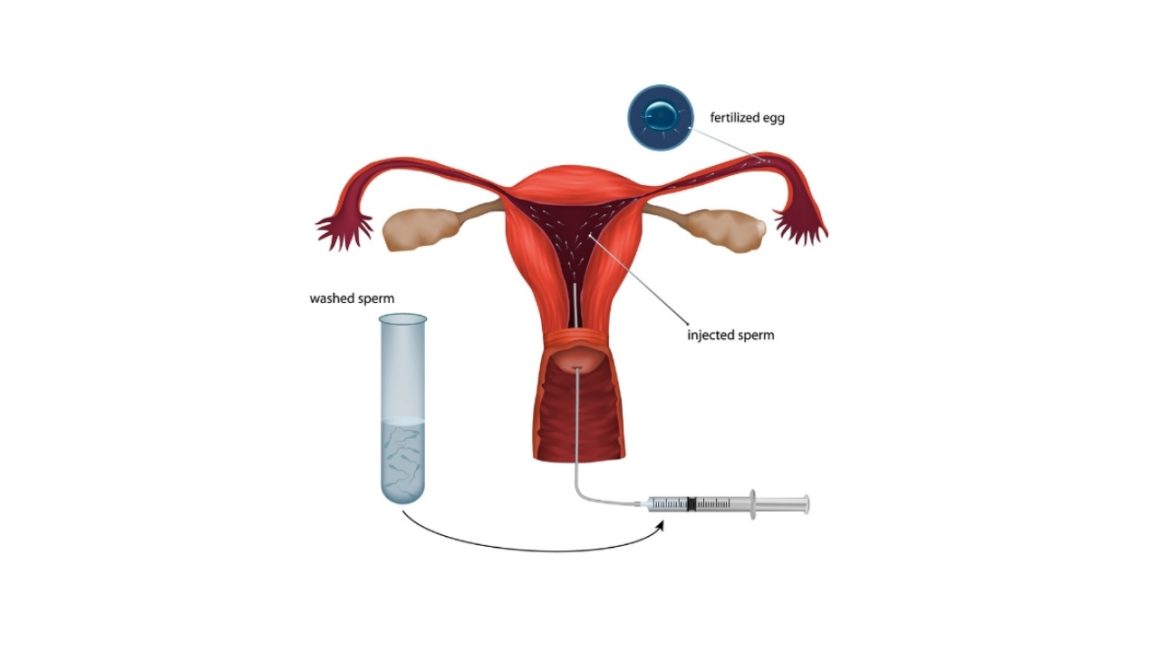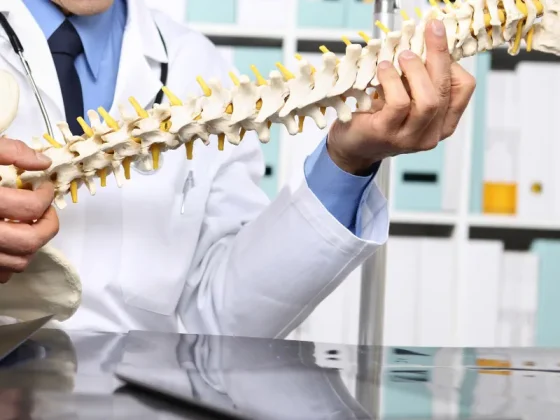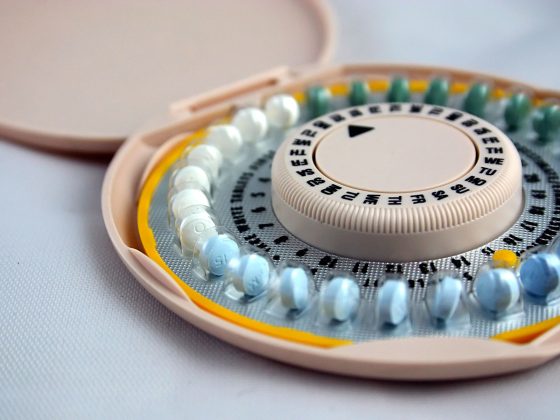Most patients appreciate the role of medicine in helping infertile couples have children of their own. However, not many patients understand the complexity of the various techniques, like intrauterine insemination (IUI), which treat infertility. It is important to discuss your concerns and desired outcomes with your physician to find out which fertility treatment plan is right for you and your partner. Your physician will explain everything you need to know about IUI New York City and then let you decide if you are ready to go through with the process.
What is intrauterine insemination?

This type of artificial insemination is a fertility treatment option for couples who have failed to get children via the natural process. This procedure involves the assistance of a qualified fertility specialist who will place washed and concentrated sperms into a woman’s uterus. Although the treatment is straightforward, there is a lot of planning involved, which contributes to intrauterine insemination complexity. A woman needs to be ovulating for the procedure to be successful.
A successful intrauterine insemination procedure results in pregnancy after a sperm swims from the uterus to the fallopian tube and fertilizes the waiting ovum. Sometimes physicians incorporate fertility medications instead of relying on a woman’s normal cycle to better coordinate the process.
Why is intrauterine insemination necessary?

Various factors influence a couple’s fertility. Intrauterine insemination is ideal for couples who have:
- Donor sperm: This application is common in lesbian relationships that require a donor sperm to achieve pregnancy. A physician will obtain frozen donor sperm and thaw it before treatment. Intrauterine insemination is the best way to artificially deliver donor sperm to a woman’s uterus.
- Unexplained infertility: Intrauterine insemination is the initial protocol for unexplained fertility. Physicians usually incorporate ovulation-inducing medications to enhance treatment predictability.
- Endometriosis-related infertility: If your endometriosis hinders your ability to get pregnant, your physician may recommend specific medications to improve egg quality and perform intrauterine insemination to guarantee fertilization of the egg with sperm.
- Mild male factor infertility: Sperm analysis is crucial for intrauterine insemination. · Before the procedure, a physician will eliminate lower quality sperms from higher quality sperms to enhance treatment efficacy.
- Cervical factor infertility: Cervical mucus thickening limits sperm movement into the uterus and thus hinders pregnancy. Intrauterine insemination is the perfect solution to directly deliver sperms to the uterus surpassing any cervix thickening.
- Ovulatory factor infertility: Women with ovulation problems like reduced ova number and absent ovulation can benefit from intrauterine insemination, increasing their chances of getting pregnant.
- Semen allergy: Some women have an overly sensitive vagina that swells, becomes red and itchy upon contact with semen. This rare allergic reaction prevents a man from ejaculating in the vagina, the natural process of getting pregnant. For this reason, only artificial fertility options like intrauterine insemination can ensure sperms get to the waiting egg for fertilization.
What are the risks of intrauterine insemination?
Patients should seek medical assistance from trained and experienced physicians to avoid risks of intrauterine insemination like multiple pregnancies, spotting and infection. Contact New York Fertility Institute to determine if you are a candidate for intrauterine insemination.


